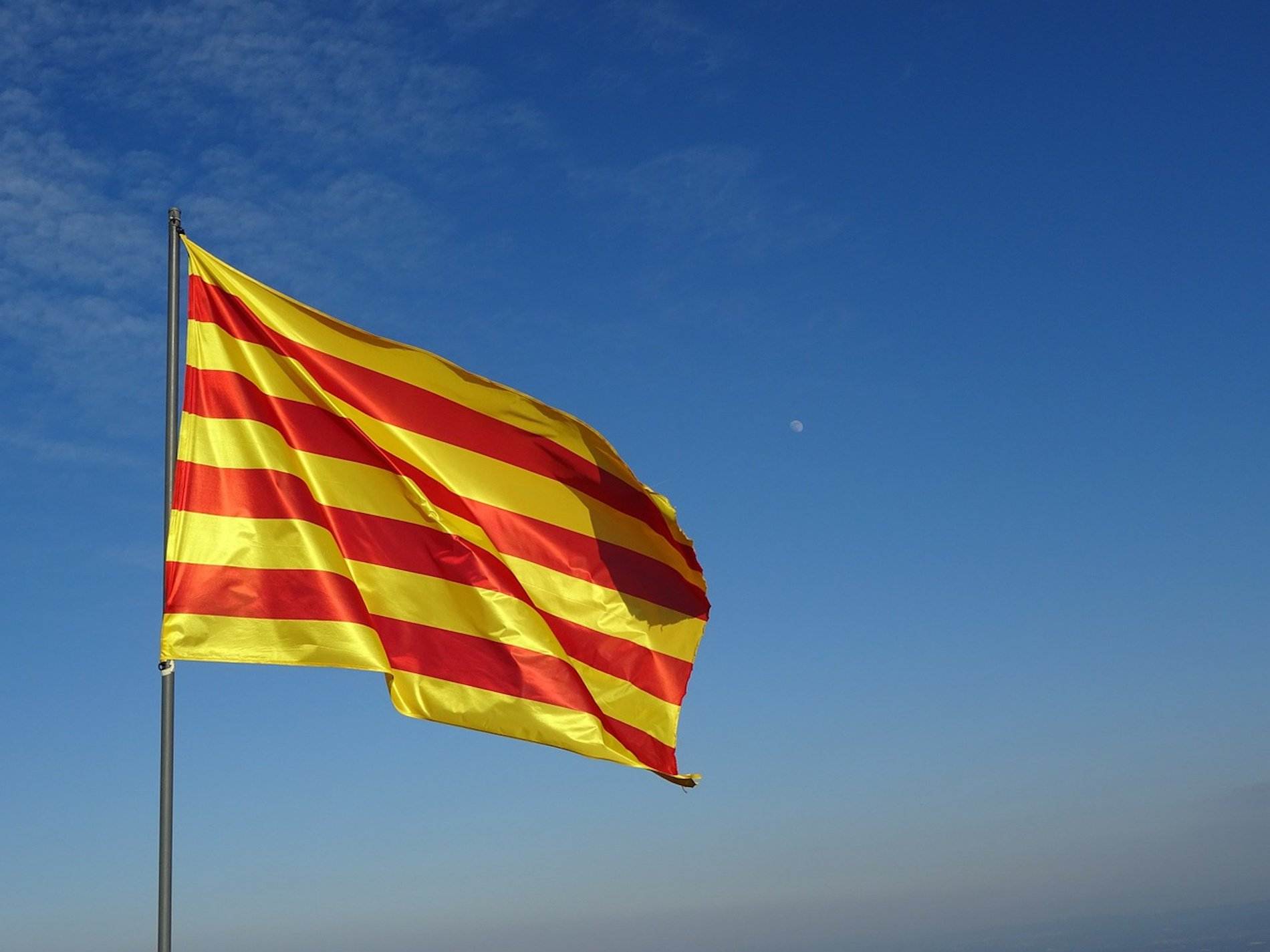The European Union is on the way to gaining three new official languages: Catalan, Euskera (Basque), and Galician. That is what will happen if the Spanish political agreement reached between Together for Catalonia (Junts) and the Spanish Socialists (PSOE) comes to fruition: these three "co-official languages" of the Spanish state will join Castilian (that is, "Spanish") as languages that can be used fully in the institutions of the European Union;Specifically, the acting Spanish government has made an official request to modify European Union Regulation number 1 / 1958. This is the first step for these three languages, with a combined total of more than 13 million speakers, to join the existing list of 24 official EU languages, and it has already been taken. So what happens next?
Well, the Catalan language NGO Plataforma per la Llengua, which has been advocating for years for this step to be taken, has set it all out in a Twitter thread - perhaps wary of possible mis-steps from a Spanish government which has needed political coaxing to embark seriously on this plan. The second step, says the Plataforma, is to propose that the three languages be included in the list of official and working languages of the EU contained in Article 1 of the 1958 regulation. Then comes the third step (which is really just a warning about not getting the second step wrong): to ensure that Catalan, Basque and Galician are "included in this list and not in a lower category of languages created ad hoc in the Regulation itself".
The fourth and most substantive step is to defend the request and negotiate with the member states so that they unanimously accept Catalan, Euskera and Galician as official language of the EU. As the Plataforma notes, a key element in this final step is that Spain, as the current holder of the rotating presidency of the European Union, is in a very good position to carry out the negotiations which are required. The Plataforma adds that "in case of refusal by the European Council citing legal impediments, it must appeal the refusal to the European Court of Justice".
✔️ L’anunci d’ahir de sol·licitar la modificació del Reglament número 1 de 1958 de l’@EUCouncil és el primer pas per fer, del català, la 25a llengua oficial de la UE.
— Plataforma per la Llengua (@llenguacat) August 18, 2023
🤔 Què més cal fer?
Obrim fil ⬇️
What are the current 24 official languages of the EU?
As the EU has grown, so has the number of its official languages. The last language to achieve this status was Croatian. Will Catalan, Basque and Galician be next?
- 1958: German, French, Italian, Dutch
- 1973: Danish, English
- 1981: Greek
- 1986: Spanish, Portuguese
- 1995: Finnish, Swedish
- 2004: Czech, Slovak, Slovenian, Estonian, Hungarian, Latvian, Lithuanian, Maltese, Polish
- 2007: Bulgarian, Irish, Romanian
- 2013: Croatian
If the application is successful, the total will grow to 27 with the addition of the three new official languages: Catalan, which has about 10 million speakers, mostly in the Spanish state (centred on Catalonia, Valencia, and the Balearic Islands) but also extending into France, Italy and Andorra (where it is already the official language); Galician, which has around 2.4 million speakers, located in Spain's north-western extreme, just above Portugal - whose principal language, Portuguese, it is closely related to; and Euskera, a unique, non-Indoeuropean language which has almost 800,000 speakers, mostly in Spain's Basque Country and Navarra, and in the French parts of the Basque lands on the northern side of the Pyrenees.
A boost for minoritized languages as part of Spanish post-election negotiations
The acting Spanish foreign minister, José Manuel Albares, registered the request for the Catalan, Basque and Galician languages to be recognized as official in the European Union on Thursday morning with the Council of the European Union. This request is the result of the agreement that the Catalan president-in-exile Carles Puigdemont (Junts party) reached with the acting Spanish PM, Pedro Sánchez (PSOE) in the difficult negotiation process to form, first, a new Congressional Bureau in the Spanish lower house, and, still to come, a new Spanish government. At the moment, the European Union is already examining the request to make Catalan official. "The Council has received a letter from the Spanish government and will examine it," a community source told Efe this Thursday.

